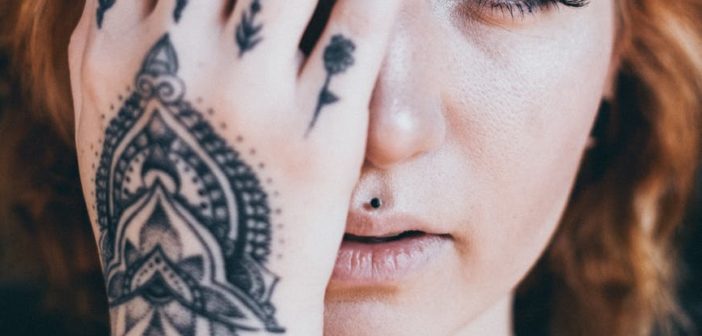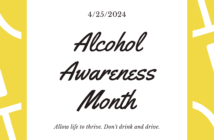By: Zachary Pottle, Contributing Writer
Body art, more specifically tattoos, has been around for nearly 6,000 years. Yet, it is only in the past 20 years that America has seen a dramatic rise in the popularity of tattoos. With this rise in popularity, more and more young adults are entering the workplace with body art. A recent study done by Forbes has shown that over 40 percent of adults ages 18-29 have at least one tattoo. Furthermore, of those 40 percent, 72 percent have more than one, and 63 percent have a tattoo that is not immediately covered by clothing.
With such a vast amount of the young adult population getting “inked” there is, for the most part, a fairly well-grounded understanding of what this can mean for future obstacles including employment. The same study done by Forbes cited that, “86% of young professionals did not think piercings and tattoos reduce the chance of getting jobs” and that, “grooming and business attire were more important indicators in the hiring decision than tattoos and piercings”. Yet, while tattoos continue to grow in popularity, many employers still hold firm in their fervent distant for them.
This is where the two sides collide, and in some cases have even erupted into full-blown court hearings. Isn’t rejecting someone due to the way they look [body art]a form of discrimination? And this is where both sides disagree because surprisingly enough there has yet to be any clear decision on the issue. While some major companies have slightly lifted bans on tattoos, still excluding anything deemed inappropriate or suggestive, many feel that this is not nearly enough. They argue that being able to pick and choose which tattooed individual gets a job and which one does not is still an injustice.
Discrimination in the workplace is an issue that has been around since the civil rights movement. Topics such as race, creed, gender, and sexual orientation have all been deemed discrimination by a court of law, all of which are part of the Employment Non-Discrimination Act of 2007. They have been considered to be so because they have all been proven not to be an elective choice, something implicitly stated in. Not being an “elective choice” means that a person cannot be discriminated against based on anything that a person has no control over, such as their race, ethnicity, or sexual orientation.
That being said, tattoos are yet to be recognized as such, because it is a person’s choice to alter the appearance of his or her body. Many of the court cases surrounding equal rights employment have referenced the 14th amendment as their sole claim. The 14th Amendment, in a nutshell, claims that no state shall “deny any person within its jurisdiction the equal protection of the laws.”
For an employee, this means that every person has the right to equal employment without fear of discrimination. This is where lawmakers and employers struggle to draw the line with tattoos. Should a person be turned away from a job because of the way they look? Of course not, but again, where does one draw the line when it comes to “looks”.
A straightforward, ethical answer to this question would be that there should be no line drawn. People express themselves in many different ways, not just tattoos. Piercings, non-natural hair colors, unique hairstyles, etc. A person does have a right to express themselves, and while to date, there have been no laws passed that protect these kinds of expression, the time for a change is now.
The number of young adults, as well as adults, with tattoos, has grown exponentially over the past twenty years. Many think that all that needs to happen is to allow for the young adult generation to grow up and take the place of these current employers. Yet this is not something that should be waited upon.
So why is it that we are still allowing this to happen with tattoos? Is it not the same type of discrimination that has been fought against in the past? There are people who would have us believe that it is not the same, as a tattoo is a choice, not something we are born with. Yet, if we allow ourselves to judge people or potential employees based on the way they look and the choices they’ve made with his or her body, is that not the same as all the other forms of discrimination that have been so passionately challenged in the past?





